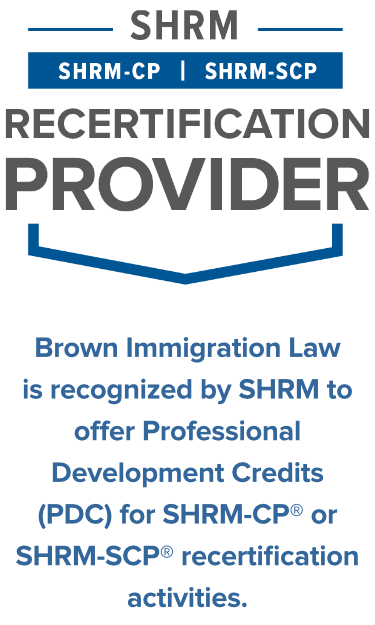Permanent Residence
Express Entry is Canada’s primary system for managing immigration across Canada (Quebec not included). Individuals (Express Entry candidates) become eligible based on three federal immigration programs: the Federal Skilled Worker Program (FSWP), Canadian Experience Class (CEC), and Federal Skilled Trades Program (FSWP). Once an eligible Express Entry profile is created, individuals are entered into a pool of candidates.
In addition to being eligible for Express Entry, candidates must be competitive to receive an Invitation to Apply (ITA) for permanent residence. Express Entry candidates are assigned Comprehensive Ranking Score (CRS) points based on criteria such as their age, education, work experience, etc. Generally, the Government periodically reviews the pool of Express Entry candidates and invites the highest-ranking individuals to apply.
Designed for individuals seeking Canadian permanent residence, Canada’s Provincial Nominee Programs (PNPs) provide a distinct pathway for those interested in relocating to a specific province or territory, excluding Quebec. Each province and territory in Canada administers its own PNP, tailored to address unique economic and demographic objectives.
Navigating the application processes for PNPs can vary significantly from one province to another, and the requirements may or may not involve participation in the Express Entry system. It’s crucial for applicants to understand the specific criteria and procedures associated with the PNP of their chosen province or territory, ensuring a tailored approach to meet both individual aspirations and regional needs.
Family Sponsorship is an ideal option for Canadians and Permanent Residents who aspire to sponsor close relatives for Permanent Residence, aligning with the core value of reunification; a top priority for Immigration, Refugees, and Citizenship Canada. Family Sponsorship is available for the following members of the family class:
· Spouses, common-law, or conjugal partners aged 18 or older
· Parents and grandparents
· Dependent children, including adopted children
· Children under 18 intended for adoption
· Children under 18 in guardianship
· Brothers, sisters, nephews, nieces, or grandchildren who are orphans, under 18, and not married or in a common-law relationship



